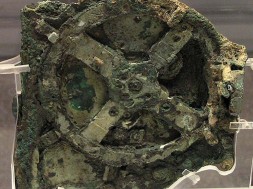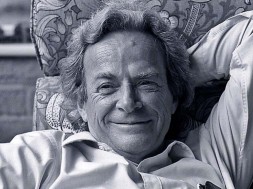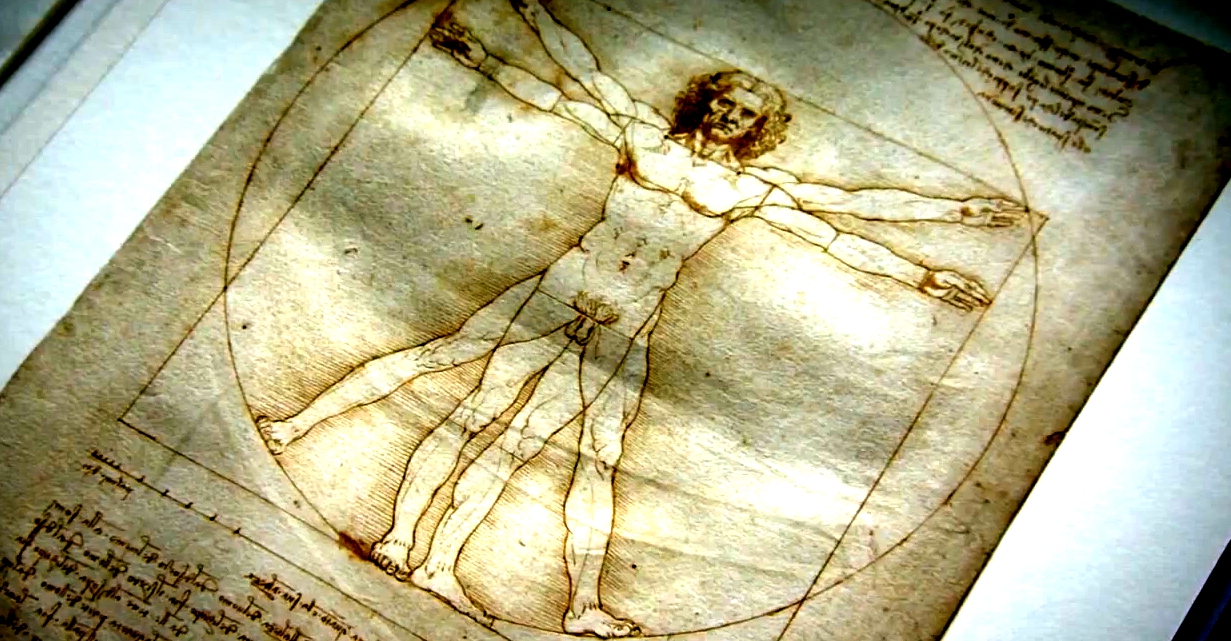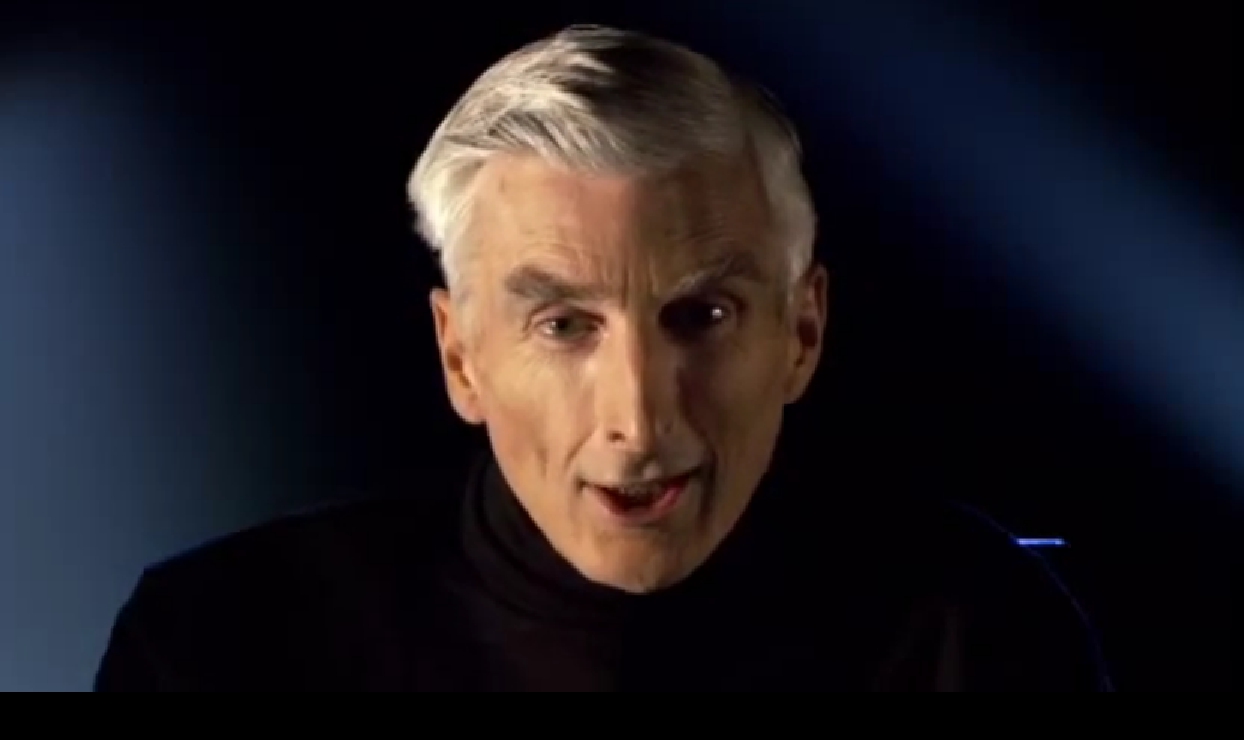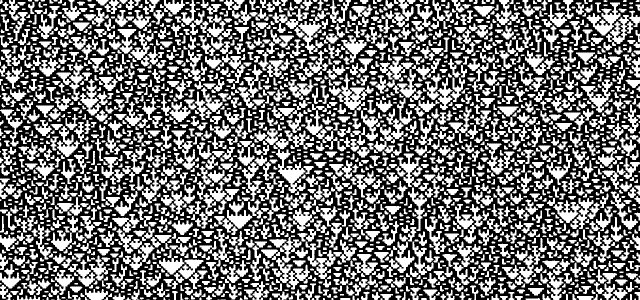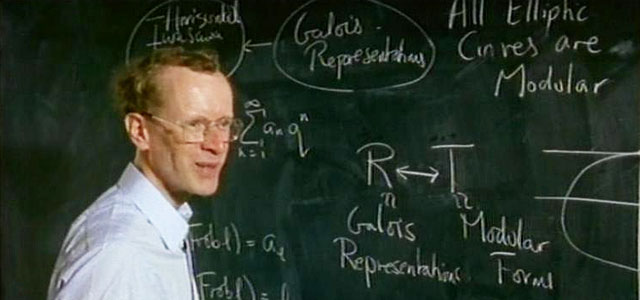
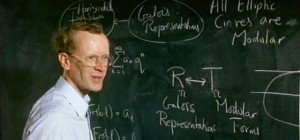
BBC Horizon’s extraordinarily poignant documentary about English mathematician Andrew Wiles‘ lifelong quest to solve the greatest problem in maths – Fermat’s Last Theorem.
Pierre De Fermat (1601-1665) was a famous French mathematician who contributed greatly to many fields of study including calculus. He was also known for writing curious notes suggesting various conjectures, theorems and proofs. In the 300 years since his death all had been addressed or solved, bar one.
It sounded simple. Everyone knows that there are whole number solutions for the equation x2 + y2 = z2 – it’s Pythatgorous’s Theorem – with the first simple solution 32 + 42 = 52.
Fermat’s Last Theorem, however, states that there is no whole number solution for xn + yn = zn when n is great than 2.
Easy right? Not quite. All the great mathematicians, including “the Prince of Mathematicians” Carl Friedrich Gauss, had tried and failed to solve it. Over the years it took on an almost mythical status and was thought to be unsolvable. The trouble was, Fermat had written in his margins that he had solved it – but left no proof, saying only that the margin was too small to to write the proof in.
This made the problem so tantalising that it became the Holy Grail of maths. Enter Andrew Wiles (born 1953). A mathematical genius who, as a 10 year old child in Cambridge, became fascinated by the problem and vowed to solve it. As an adult, in the 1980s and 90s, he spent 7 years in secret doing just that. This is his story. The story of a soft spoken man of quiet determination succeeding against seemingly insurmountable odds, unravelling the greatest mystery in maths and becoming world famous overnight.
At the end only one question remained – was his the same as Fermat’s solution?
For more read Simon Syngh’s book of the same title. For more on John Conway, who features heavily in this film, check out his Game of Life.
Fermat’s Last Theorem
